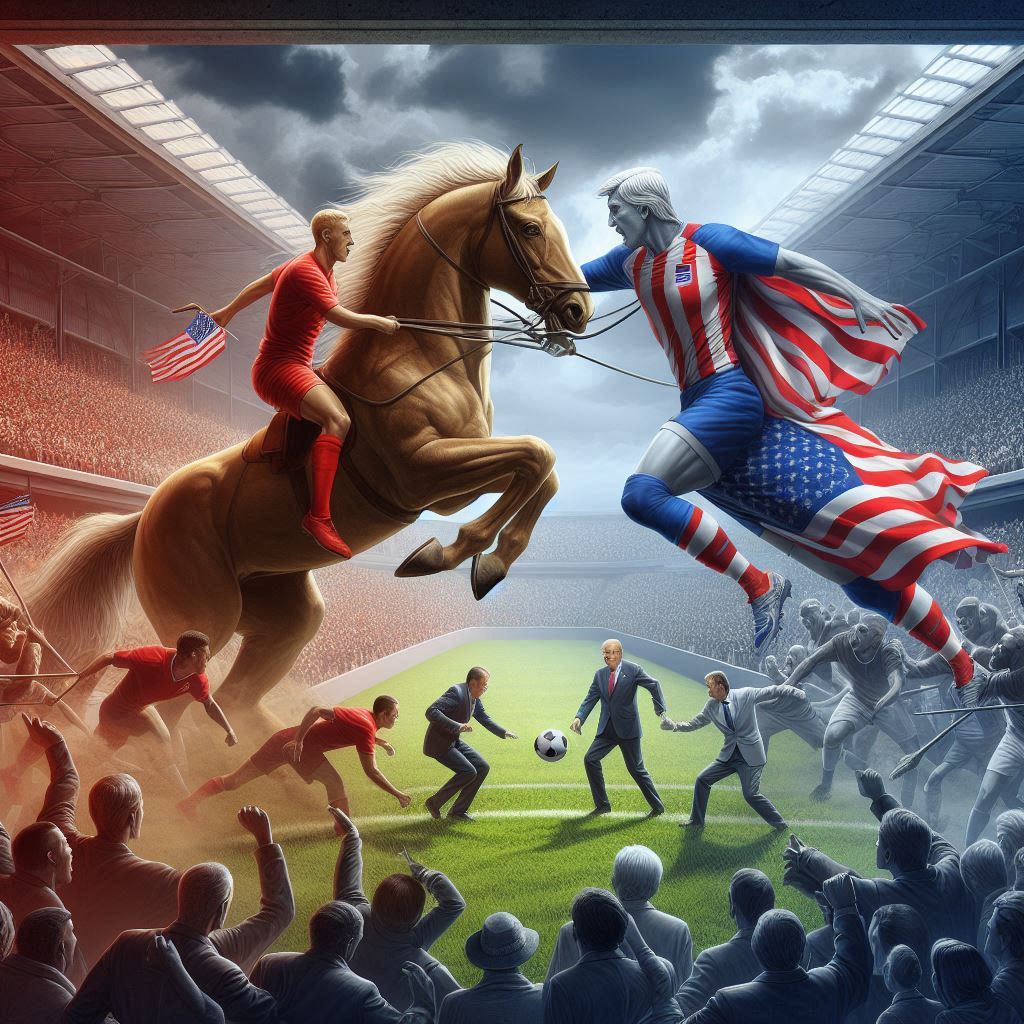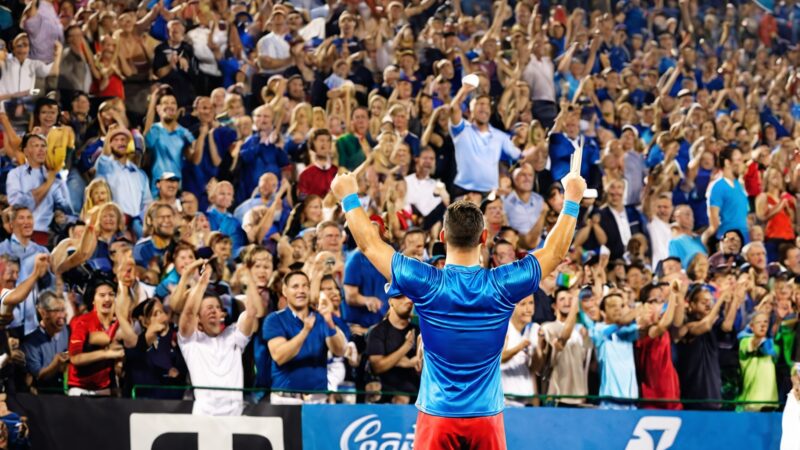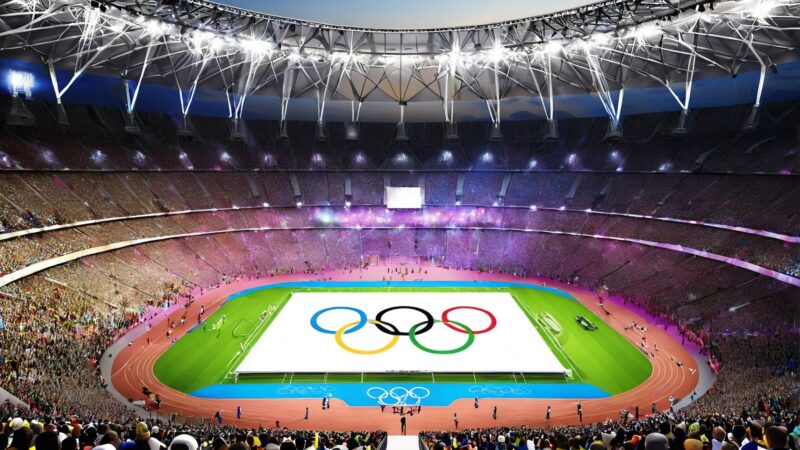Sports and Politics: The relationship between sports and political events

Sports and politics have long been entangled, creating a relationship filled with tension, symbolism, and sometimes even progress. Whether through boycotts, protests, or displays of national pride, sports often become a stage for political drama and social movements. The intertwining of these two worlds isn’t new, but it remains as relevant and fascinating as ever. Take international sporting events, for example.
The Olympics have frequently served as a platform for political agendas. Countries have used the games to flaunt their power, assert ideologies, and send diplomatic messages. The 1980 Moscow Olympics, boycotted by the U.S. in protest of the Soviet invasion of Afghanistan, and the retaliatory boycott of the 1984 Los Angeles Olympics by the Soviet Union, are stark reminders of how political tensions can disrupt even the world’s most celebrated sporting event. But it’s not just about nations using sports for political gain—athletes themselves have been at the forefront of social and political change. Muhammad Ali’s refusal to be drafted into the Vietnam War became a pivotal moment in both sports history and the civil rights movement.
More recently, Colin Kaepernick’s kneeling during the national anthem ignited a national conversation around race, equality, and police brutality in the United States. These moments prove that athletes are more than just players on the field; they are influential voices in broader political and social conversations. Beyond the headline-making moments, sports and politics intersect in more subtle ways. Political instability in a country can disrupt major sporting events, creating an environment where athletes hesitate to compete. On the flip side, when a country experiences a significant sporting victory, it often unites the nation and boosts morale, offering a sense of triumph even in challenging times. As much as sports can be used for good, they can also be co-opted for political purposes.
Leaders may seek to use sporting events as distractions or symbols of strength, manipulating the emotions of their citizens for political gain. This complicated relationship means that sports are never just about competition—they reflect deeper cultural and political dynamics at play. Looking ahead, the relationship between sports and politics will continue to evolve, especially in our increasingly globalized and interconnected world. Social media has given athletes more power to engage in activism, while fans have unprecedented access to their idols’ personal and political beliefs.
The future will likely bring more instances where sports transcend the arena, continuing to influence and be influenced by the political landscape. As we watch the games unfold, it’s worth remembering that the fields, courts, and arenas aren’t just places of athletic competition. They’re also stages for some of the most powerful political and social statements of our time.




